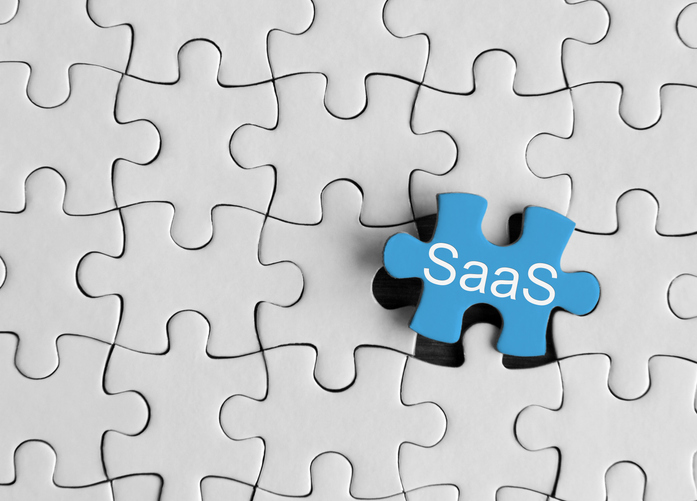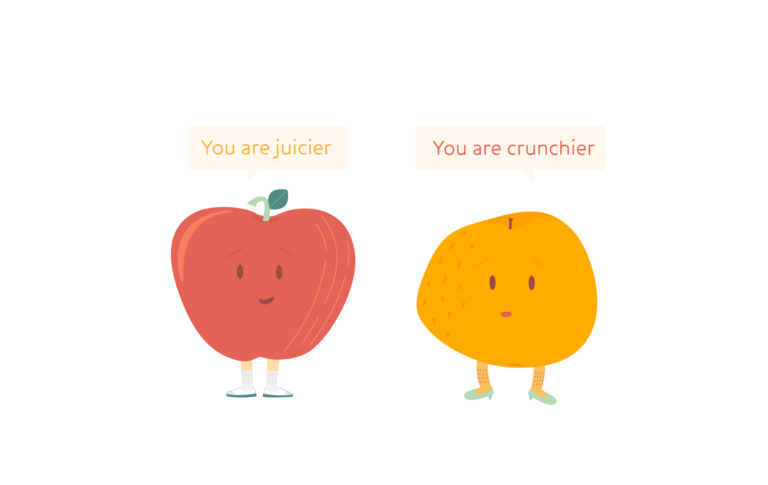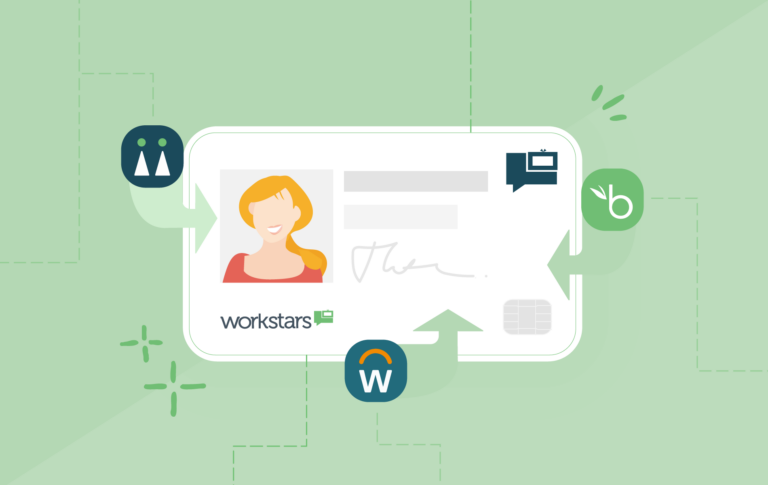HR has embraced SaaS and employee recognition is better for it
The digital world has revolutionised the way we live, the way businesses operate and it’s revolutionising HR too.
Digital transformation in HR is drawing together a spectrum of mobile, social and cloud-based technologies and as a result it’s helping to create a more outward looking and progressive function.
Developments in technology may have set the agenda but HR is embracing the changes made possible through that technology and learning quickly from best practice elsewhere.
What are the trends shaping HR’s digital transformation?
Cloud-based technology is significantly enhancing the working environment for employees while giving HR unprecedented access to insights and analytics. It has presented an opportunity to transform the function’s processes and systems into an entirely new and superior employee experience.
Cloud computing is enabling greater flexibility and responsiveness from HR and puts the function in a position to develop a better understanding of the workforce than ever before. Thanks to Software as a Service (SaaS) delivery models, and increasingly Platform as a Service (PaaS) too, companies are developing the ability to access data quickly and integrate it with other applications across the business. Information that was once difficult and time consuming to collate can now be quickly pulled together to produce meaningful insights.
Crucially for HR, this means a move away from historical analysis. Instead, as this Accenture report explains, HR will be working with real time data for predictive purposes. HR management processes will be driven by data that’s closely integrated with other business data; the Accenture report contemplates a future where HR integrates traditional business and talent data with Big Data obtained from social and local data sources like tweets, blog posts, RSS feeds, customer service feedback and even GPS coordinates to get a complete picture of employees’ abilities, wants and needs.
Expect working time and personal time boundaries to blur even more as technology that was once exclusively for personal use continues to make its way into the workplace. Employees will benefit from a more consumer like experience with the emphasis moving away from tools for HR professionals and towards platforms that enable employees to learn, manage others, set goals and participate in their own career progression.
This technology is also having a significant impact on approaches to recognition and employee engagement. It is out with tired annual employee engagement surveys and in with the daily pulses, goodbye to employee of the month and hello to peer to peer and social recognition applications. Digital technology is giving employees the opportunity to participate and positively contribute to their workplace environment. Mobile apps are also helping facilitate employee sharing and collaboration. This means employee recognition has transitioned from a top-down, time-heavy process into one that builds greater teamwork through peer to peer recognition.
The use of technology reminiscent of social media apps taps into established behaviours that employees are already demonstrating day to day. Recognition takes place in real time, it’s regular and it’s genuine. That seemed like an elusive prize even just a few years ago to reward and recognition professionals but now HR is championing the technology that’s making it happen.
A step change for HR
In the digital world, companies are becoming more flexible, agile and customised and HR is doing the same. As well as revolutionising the entire employee experience itself, HR has a major part to play in shaping organisational thinking towards a more digital mindset in general. At the same time, HR is clearly switching its own mindset from one of transactional HR service delivery processes to one that embraces real time operations, platforms and mobile.


 How Machias Savings Bank improved employee satisfaction and increased commitment to company values
How Machias Savings Bank improved employee satisfaction and increased commitment to company values
 Great managers vs natural leaders: What’s the difference (and does it matter?)
Great managers vs natural leaders: What’s the difference (and does it matter?)
 Workstars now integrates seamlessly with the HRIS you use every day
Workstars now integrates seamlessly with the HRIS you use every day